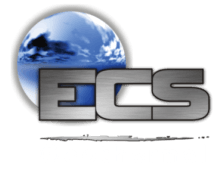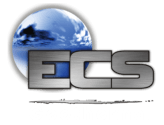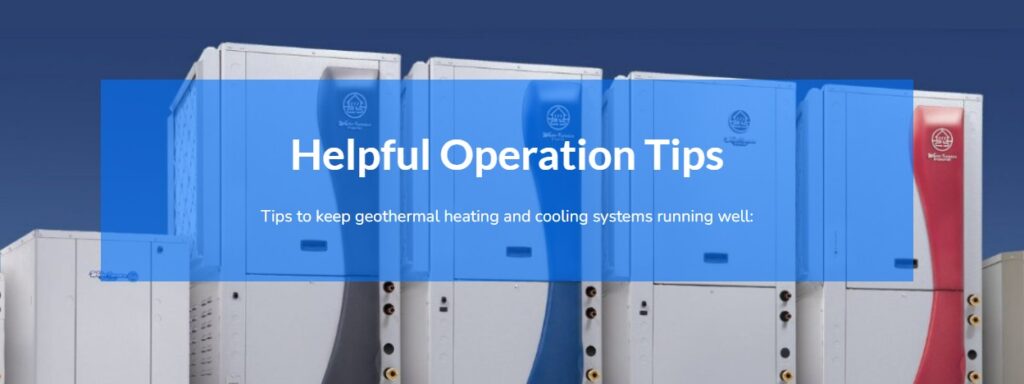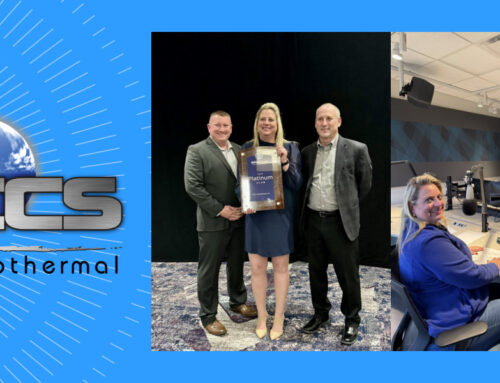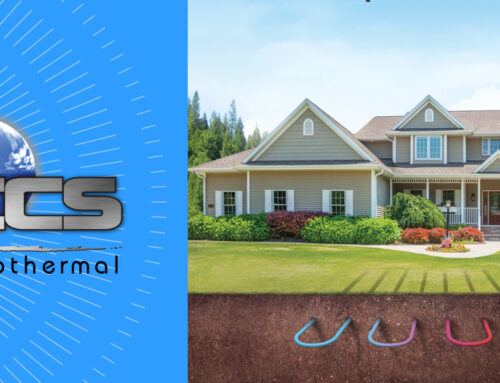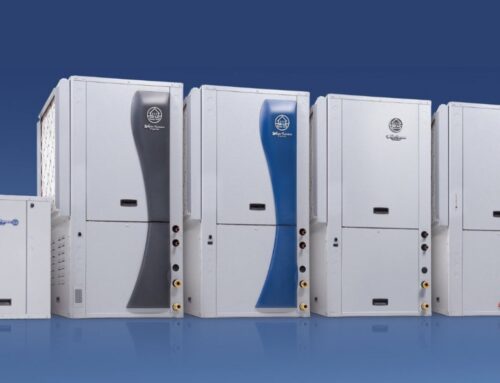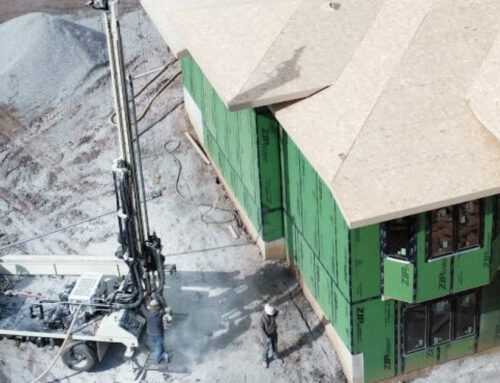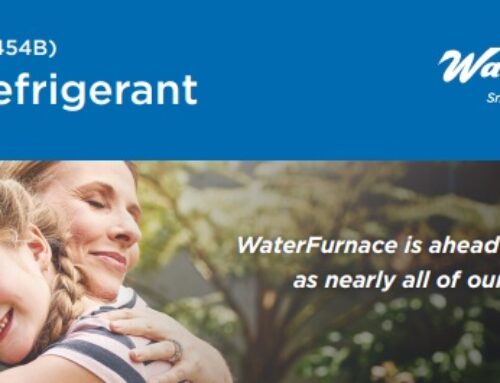First of all, THANK YOU to our Valued Customers! We appreciate you taking the time last month to reply to our request for your feedback on what is important to you on what we focus on in our monthly email updates.
FYI, It’s not too late to give us your feedback, Just follow this link and submit our quick and easy feedback form – We Want to Hear from You
We will make sure that we incorporate your feedback into our future informative updates.
The TOP 3 areas you expressed interest in are:
• Operating Tips for Seasonal Changes
• Troubleshooting Common Operating Issues
• System Care Tips and Reminders
These are certainly important topics that we can continue to bring you more information on. As a matter of fact, WaterFurnace our Manufacturer and Partner in Geothermal Heating and Cooling has just released some troubleshooting videos and are working on more.
The first video in the series covers checking your air-filter.
It includes:
How to locate and remove your air filter for inspection or change-out
How to inspect your filter to determine if it should be replaced (Filters should be replaced every 4 – 6 months during normal use)
How to properly insert a new filter correctly
Watch this 30 Second Video on Air Filters for your Geothermal Unit
Our Seasonal Operating Tip for this Month:
Humidity – The Enemy of Efficient Cooling
The Challenges of High Humidity for Geothermal Air Conditioning
1. Increased Cooling Load: High humidity levels mean that there is more moisture in the air. To maintain comfort, the air conditioning system needs to remove this moisture, which increases the overall cooling load and energy consumption.
2. Condensation Issues: High humidity can lead to condensation problems, especially in the ductwork and other components of the system. This can cause water damage, mold growth, and reduced air quality.
3. Heat Exchange Efficiency: Geothermal systems rely on the transfer of heat between the indoor environment and the ground. High humidity can reduce the efficiency of this heat exchange process, as the system must work harder to dehumidify the air.
How can I help control Humidity impacting my system?
1. Use Exhaust Fans
• In Bathrooms: Run exhaust fans during and after showers to remove excess moisture.
• In Kitchens: Use exhaust fans while cooking to reduce humidity from boiling water and cooking processes.
2. Seal Windows and Doors
• Weatherstripping: Install weatherstripping around windows and doors to prevent humid air from entering.
• Caulking: Seal gaps and cracks around windows and doors with caulk to block moisture.
3. Ventilate Properly
• Attics and Basements: Ensure proper ventilation in attics and basements to prevent moisture buildup.
• Cross-Ventilation: Open windows on opposite sides of the house to create cross-ventilation and promote airflow.
4. Use a Dehumidifier
• Basements and Crawl Spaces: Place dehumidifiers in basements and crawl spaces to reduce humidity levels.
• Living Areas: Use portable dehumidifiers in living areas if needed, especially in high-humidity regions.
5. Maintain Geothermal HVAC Systems
• Geothermal HVAC: Ensure your air conditioning system is properly maintained and sized correctly to dehumidify the air efficiently.
• Clean Filters: Regularly clean or replace HVAC filters to maintain good airflow and system efficiency.
6. Control Indoor Plants
• Watering: Avoid overwatering indoor plants, as excess water can increase humidity levels.
• Plant Placement: Place plants in well-ventilated areas to prevent moisture buildup.
7. Manage Outdoor Moisture
• Gutters and Downspouts: Ensure gutters and downspouts direct water away from the foundation of your home.
• Landscaping: Grade the landscaping around your home to slope away from the foundation, preventing water from pooling near the house.
8. Use Moisture Absorbers
• Desiccants: Use moisture absorbers like silica gel, activated charcoal, or desiccant packs in closets, cabinets, and other enclosed spaces to control humidity.
9. Insulate Pipes
• Prevent Condensation: Insulate cold water pipes to prevent condensation, which can increase indoor humidity levels.
By implementing these basic measures, you can effectively reduce and control humidity levels in your home, creating a more comfortable and healthier living environment.
We hope you get a lot out of this month’s seasonal operating tip. Never hesitate to let us know if you have any questions or if you feel you would benefit from a service call to ensure your unit is operating at peak efficiency. You can easily contact us to schedule a service call HERE.
Don’t forget to use our Helpful Tips Section on our website for more information on Geothermal Heating and Cooling.
We appreciate all our customers, and work to treat each and every one as the most important!
ECS Geothermal
Heating and Cooling with Dirt for Over 25 30 Years!
We are the largest geothermal contractor in Kansas City. We are 100% focused on ground source heat pumps – “All We Do Is Geothermal!”
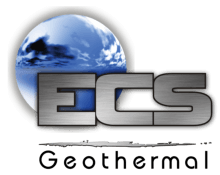
Phone: 816-532-8334
Contact Us Today for a free consultation.
